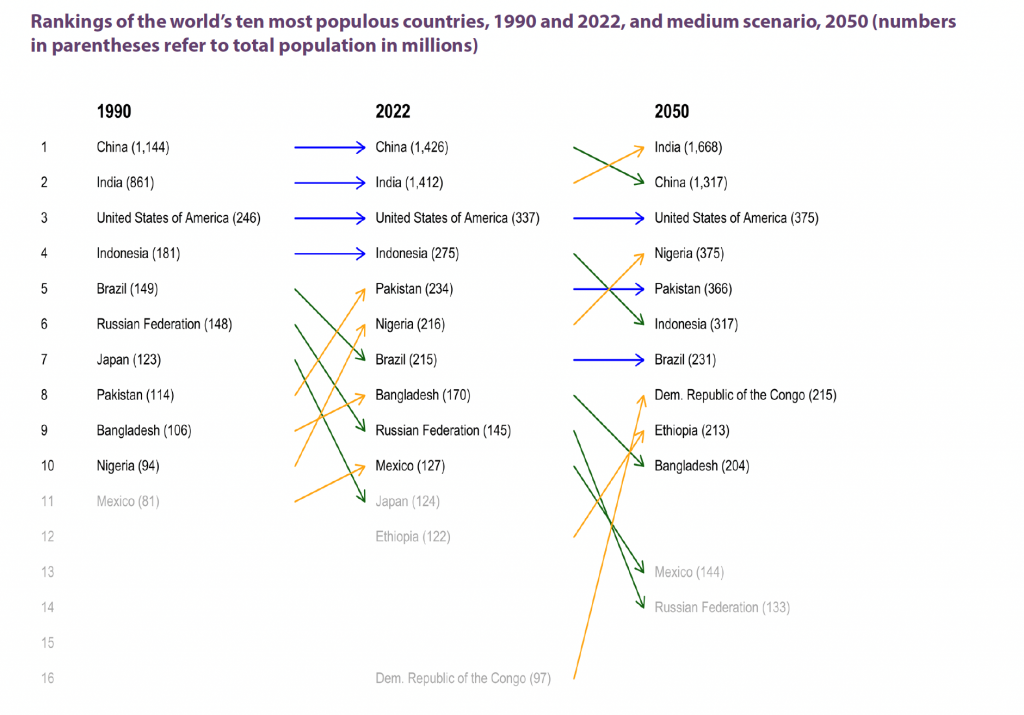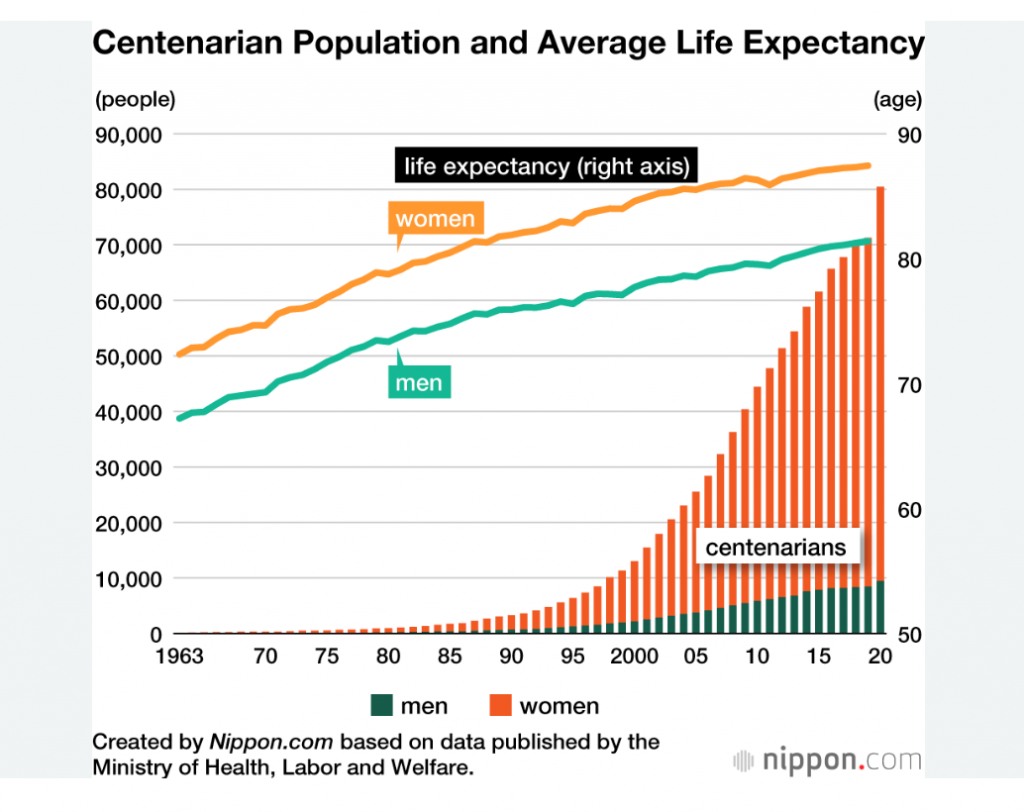Introduction
Dear All
It seems like an eternity since I last contacted you all on behalf of Population Crisis. Please excuse me for not communicating earlier but I have had to contend with a lot of important issues, not least, letting the world catch up with the Population Crisis predictions.
It seems like an eternity since I last contacted you all on behalf of Population Crisis. Please excuse me for not communicating earlier but I have had to contend with a lot of important issues, not least, letting the world catch up with the Population Crisis predictions.
POPULATION CATCH UP
If you wish to catch up with news and views on global population, then I suggest that you look at the following 45minute video. This would probably be the fastest and most efficient way for you of finding out what is happening in the field of global population.
However, I do also suggest two other ways of catching up if you have more time available.
- 1. Look at the Video “There are 8 billion people on Earth, but soon we’ll hit a decline we might never reverse” by ABC News” https://youtu.be/n5DXniZGkME.
- Look at the UN Population graphs at the end of this newsletter.
- Read the United Nations, Department of Economic and Social Affairs “World Population Prospects 2022. (You can download this report from the website www.unpopulation.org).
NEWS ON POPULATION
UN POPULATION PROJECTIONS AND POPULATION VIDEO REVIEW.

Many videos have been produced on the topic of Overpopulation since Population Crisis produced its own films. I would like to draw your attention to one such video which ranks well above the others and this is: “There are 8 billion people on Earth, but soon we’ll hit a decline we might never reverse” by ABC News” https://youtu.be/n5DXniZGkME.
Although the film differs from Population Crisis in that it fails to mention many long-term sustainable population levels as solutions to the problem it does throw a lot of light on many issues with regards to current global population as well addressing what is going to happen in the future.
The UN projects that the population of the world will continue to grow to about 9.7 billion by 2050 and then 10.4 billion by 2080 and level off where for a couple of decades before falling. Other research bodies such as the IHME (The Institute for Health Metrics and Evaluation) project that global population could peak much sooner.
In Europe and the US a quarter of the people alive be over 55 by 2050. This has never happened before in human history. In-fact the pyramid of people alive in certain societies could invert. In Japan the number of elderly people is growing so rapidly that the country was facing a financial burden back in 1998 and there simply isn’t enough public services in order to meet everybody’s needs. This was a subject of an interview (see further on) which I had in Keio University, Tokyo.
GOOD NEWS
(1) Democratic Republic of Africa, (2) Nigeria ( has grown by 5.2 million people in one year.) (3) Egypt (4) Ethiopia (5) Tanzania. Rest of the world. (6) Pakistan. (7) India and (8) Philippines.
The 10 most populous countries in 2100 will be;

THE WORLD IS GOING BACKWARDSS
Up to 3 years ago we were winning the battle against poverty. The numbers of people brought out of poverty was increasing. Now this trend is going into reverse.
In future, one third of the world’s humanity will be in the Sub Sahel countries . This is where we find the most impoverished people in the world and where there is also already the most food insecurity. War and Climate change will only exasperate this matter for sub-Saharan states. The numbers of people falling into poverty will only drastically increase unless the world can bring forward immediate important steps in order to stop this from happening.
WHY PEOPLE IN WESTERN SOCIETIES ARE NOT HAVING CHILDREN
In the western world there are increasing numbers of couples who are not having children. For instance, in Australia with a population of 23 million in 2022 there are 3.5 million couples who don’t have children. Many of these peoples are known as “Double Income, No Kids” couples or Dinks. The ABC film on “Overpopulation” carries out a charming series of interviews with women who explain why they are either only have one child or no children at all. This is worth watching.
OTHER FILMS WORTH WATCHING.
Elon Musk brought the topic of population to the forefront of global conversation when he clumsily stated that he thought that there will be a dearth of children in the future. I may be a big fan of Elon when it comes to SpaceX and Tesla but when it comes to talking about population, he is definitely wide of the mark!
If you haven’t already seen this video, “New Rule: Let the Population Collapse | Real Time with Bill Maher (HBO”, I really recommend that you see it. It is absolutely hilarious!)
: https://www.youtube.com/watch?v=HB97iwcm_Qc&t=410s.
INTERVIEW WITH JAPANESE PROFESSOR OF SUPERCENTENARIANS


- Elderly people should try and remain within the community as long as possible.
- People should retire as late as possible in order to improve their health prospects and eventual funds for their retirement.
- Education helps elderly people retain a clear mind. He has noted that those people who write books have much sharper minds.
- Elderly people should have a chance of becoming actively involved with people in the community and visa-versa.
- The biological limit of supercentenarians has probably reached its limit although the limit of the number of people reaching 100 in Japan is anticipated to increase to at least 150,000 before it levels off.
- He believes that one of the main problems for people reaching 100 is that there is not enough money to cope with their needs. By far the most important financial burden are the increased medical cost that come with increasing age. Although the diseases suffered by the elderly do not necessarily there is still a substantial increase in medical cost as they age. This is because elderly people become far more frail and disabled as they grow older and so require extra help.
- Robots can help provide some solutions to easing the burden of nursing people in their old age. It is hoped that Population Crisis will have a chance to return to Japan in order to film the Japanese departments involved with the innovative robotic technology that can help with mobility and nursing of the elderly.
- Currently elderly people have a problem with applying new technology such as iPhone and computers as they get older although Professor Arai did emphasise that he could not venture to say what might happen in the future.
- Japan needs a lot more carers for the elderly. The number of nursing helpers from the Philippines who come to Japan to help with the elderly is currently not sufficient to meet the needs of the elderly.
- Professor Arai concludes the interview with the following statement.
- “He does not know how the general health and mental agility of people approaching 100 will change in the future BUT that he did state that he was utterly amazed at the physical nimbleness, incredible co-ordination, spryness and dexterity of some of his elderly who has studied approaching 100 years old.”
AMIT K. S. TIWARI
